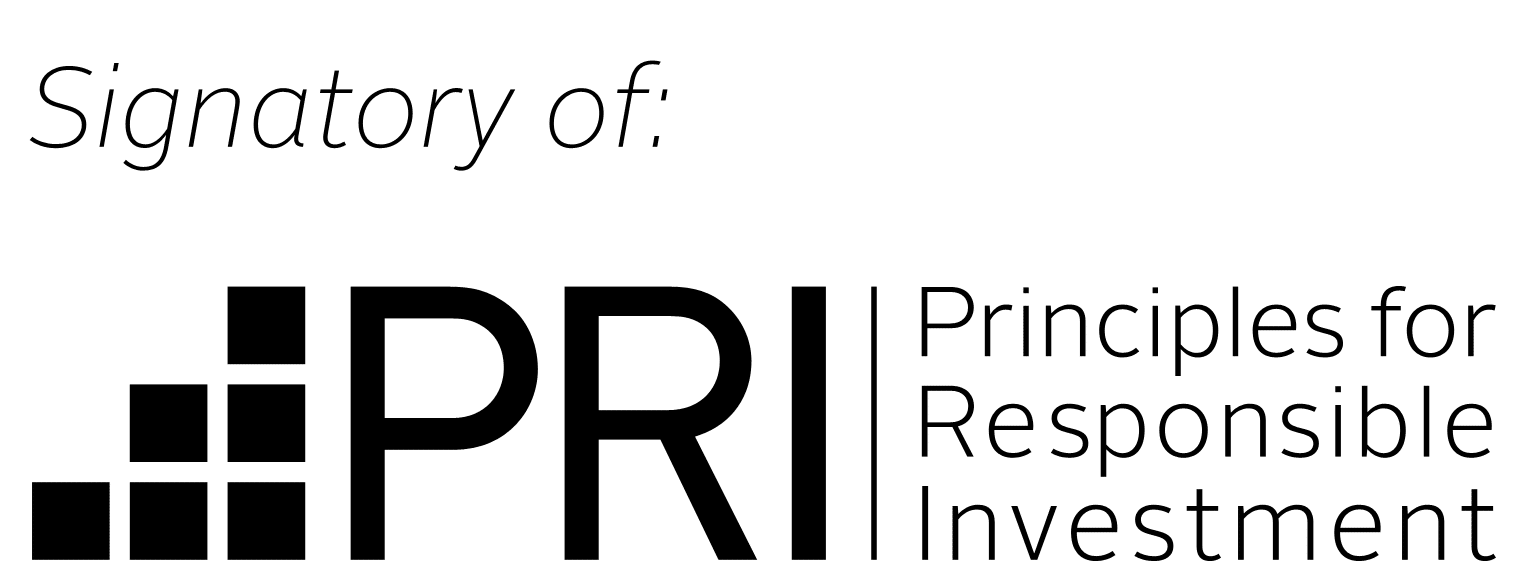Investing in real estate in Australia

Investing in real estate in Australia is a common avenue people take when looking to invest their money and generate wealth. Everybody you meet has an opinion on where prices are going, what might happen in the market and when is the right time to buy. When investing into real estate, most Australians will do so through the traditional direct buy and hold strategy. This involves selecting an investment property and usually negatively gearing it and watching its value rise. Negatively gearing is where the income from the investment is less than the total expenses to own it per year.
Types of real estate investment strategies
Buy and hold
Typically, the most common real estate investment strategy in Australia involves purchasing a property, whether that be a house, unit or land, with the long-term goal of generating wealth through a rise in the value of the property. It is, in essence the most straightforward approach of investing in real estate in Australia available to individual investors. The longer the investor holds, the greater potential for an increase in the property’s value and subsequently a return on investment. It is also considered a relatively low hassle approach to investing.
Buy, renovate, and hold or sell (flipping properties)
The easiest way to ensure an investment property increases in value in any market is to add value through improving its condition. This allows the investor to ask a higher market rent or sell the property at a higher price than originally purchased. In a buy, renovate scenario, investors should keep track of all costs involved in renovating including materials, labour and their time.
Investing in real estate in Australia through redevelopment
Increasing the value of your real estate investment can also be undertaken through redevelopment of the land or repositioning of the asset (physically altering the appearance of a property).
Redevelopment is often undertaken when the asset/property is underinvested, whereby the land is not used to its fullest potential. Redeveloping can allow a much denser utilisation of the land to occur and therefore intrinsically increase the value of the land, in many cases in excess of 30% higher.
Asset repositioning involves significantly renovating or rebuilding the asset, but not completely redeveloping. In some cases, the assets use is changed in the process.
Redevelopment comes with a significant amount of risk and a high cost. Key items to consider when redeveloping:
- Property location and local market demographic and needs
- Planning and legislation
- Construction risks
- Funding and finance risks
Real estate redevelopment is a difficult undertaking and involves many areas, where an individual with limited experience can come undone.
Investing in a real estate EFT (exchange traded fund)
Investing into a real estate EFT means you would be investing your money into real estate indirectly. The fund takes care of the sourcing, purchasing and management of the property and the value of your investment into the fund increases/ decreases relative to the funds’ performance.
A real estate investment fund strategy for investing in real estate in Australia
Australia real estate investment funds (A-REITs) focus on investing in property in Australia and operate very similar to managed funds. Investors pool their money with other investors and the fund invests in a portfolio of income producing properties. The fund is generally listed on the Australian stock exchange and they can be a more accessible way for investors to invest in real estate.
Benefits associated with traditional real estate investment strategies
Tax benefits
- A large proportion of the costs involved in an owning an investment property can be tax deductible, e.g. land tax, council rates, management fees, accounting fees, as well as depreciation on improvements made to the property and the actual property itself (dependent on the year of construction).
- If a property is negatively geared, monetary losses can often be a further tax deduction against other forms of income for that financial year.
Potential for long term returns
- When a property is held in excess of ten years it is often considered a long-term investment. Holding property for the long term allows an investor to take advantage of multiple market cycles including upswings.
- Overtime a real estate investment may also switch to being positively geared (where the income from the investment is greater than the associated costs of owning it), therefore providing a side income. This income will be taxable which is important to remember.
Property is a tangible asset
- Property investments typically are less volatile than other investments and have the added benefit of being a tangible asset.
Equity
- Real estate investments can build up equity (equity is the market value of the property less the amount owed), which could potentially be used to secure a loan for another investment property.
Risks associated with traditional real estate investment strategies
Capital intensive
- Investing in property generally requires large amounts of cash in order to obtain finance and cover associated costs such as loan repayments, stamp duty and legal fees. Investing in real estate in Australia can be a capital heavy investment strategy limiting the amount of diversification an individual investor can achieve.
Selecting the wrong property
- Selecting the wrong property can be a costly mistake. Choosing the wrong location and the wrong property can hinder the performance of your investment property and subsequent return.
- Location is key when it comes to investment properties. Once a location is chosen it is then also equally as important to choose the appropriate type of property for that area and demographic.
Cash flow management
- Not having a cash buffer in place is one area that many investors can become unstuck. Market volatility is out of an investors control and there is no guarantee the value of the property will increase, or the market rent will stay the same.
- A cash buffer allows for fluctuations and helps to ride out any downturn cycles.
Off the plan investing
- When buying off the plan there are always potential risks involved. These can include the developer going bust, being exposed to market fluctuations and many other things. For example, if you buy at the top of the market cycle and the market takes a downturn, you are still required to pay the initial price.
- It is integral to research the developer, to go over the contracts with a fine-tooth comb and understand what you are getting in return for your investment.
Bad tenants
- Bad tenants can cost investors more in damages, repairs and unpaid rent.
- Investments in real estate require tenants to generate income. If your property is damaged by tenants, it can mean added costs as well as time without rent while the property is being repaired.
Cost of buying and selling a property
- Real estate prices in Australia are currently at record highs as of 2022. With price increases recorded across most capital cities in the past twelve months.
- For most individual investors, a 5-10% deposit will be required along with additional costs such as stamp duty, legal fees, strata reports, building and pest inspections and loan establishments, which all need to be factored in when considering a real estate investment.
- It is wise to get a complete picture of the total costs involved before entering into a contract to purchase a property.
- Selling a property can be equally expensive with solicitor fees, capital gains tax, agent commissions and marketing expenses.
Tax implications
- Generally capital gains tax will be payable when the property is sold. For more information on capital gains tax, visit the Australian Taxation Office website.
- If your property is negatively geared, you are solely relying on the property increasing in value in order to generate any investment return. Investors need to be sure they have sufficient funds available to financially afford the costs of owning the property, including increases in mortgage repayments should rates rise.
No guarantees
- Success in property, like any investment, relies on a number of factors. Some of which can be controlled, and some which cannot.
- Investors should research capital growth, rental income trends, occupancy rates and the likelihood of major infrastructure work in areas of interest.
- The ongoing running costs of property ownership including rates, insurances, maintenance repairs and property management fees all need to be considered.
How to invest in real estate in Australia without buying a house
When investing in real estate in Australia, to afford what might be termed more lucrative real estate investment strategies, including multiple properties or property redevelopment, it can be often be inaccessible for individual investors, due to the large finances required. For many investors one property is a substantial investment, let alone property related asset diversification.
The simplest way for an investor to not only spread their risk profile but to broaden their real estate portfolio is to gain access to a managed real estate fund. Remara offers individual wholesale investors the opportunity to access a fund which offers a highly diversified pool of development opportunities in small scale projects. This avenue of investing in real estate in Australia limits risk and concentration exposure, while providing investors attractive risk adjusted returns.
Our real estate fund is an open-ended, managed fund that provides access to a range of lucrative developments within the residential, industrial, and commercial markets. It provides the ideal opportunity for wholesaler and self-managed super fund investors to gain access to multiple real estate opportunities with as little as $50,000.
Find out more about our real estate investment fund.
